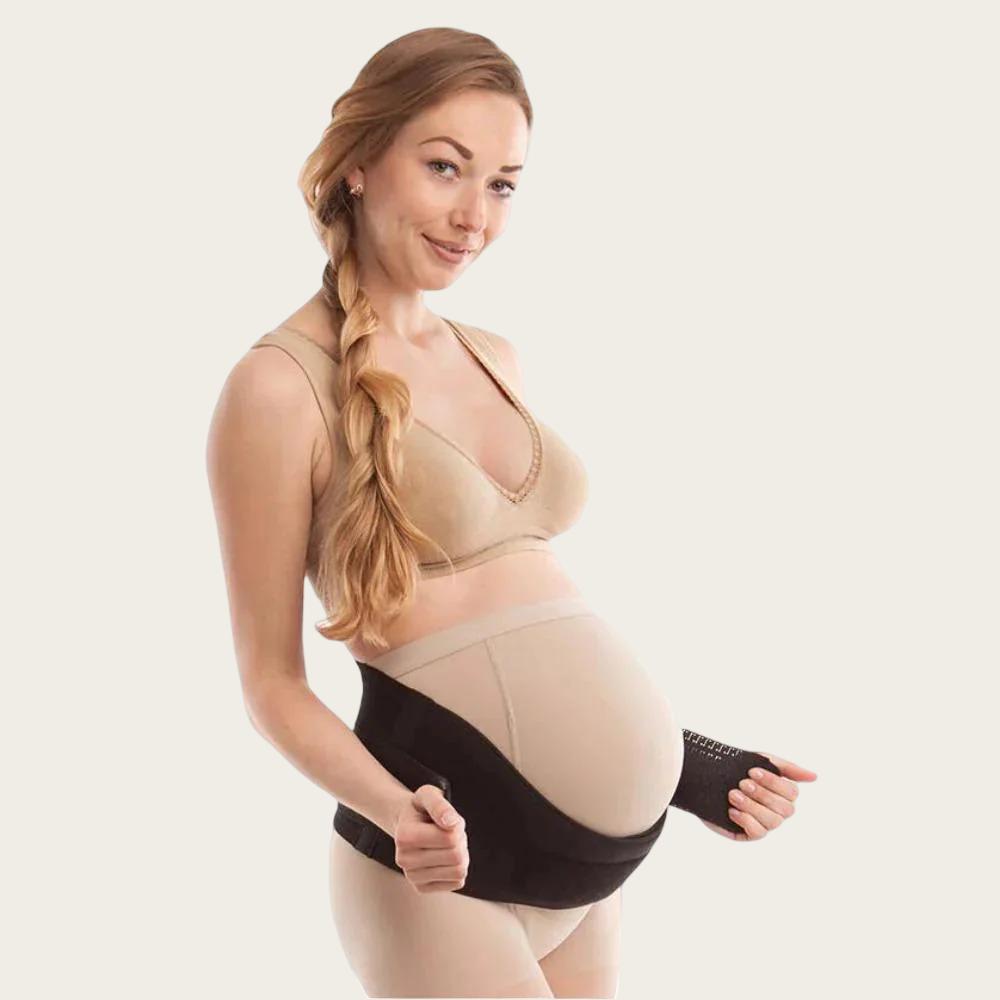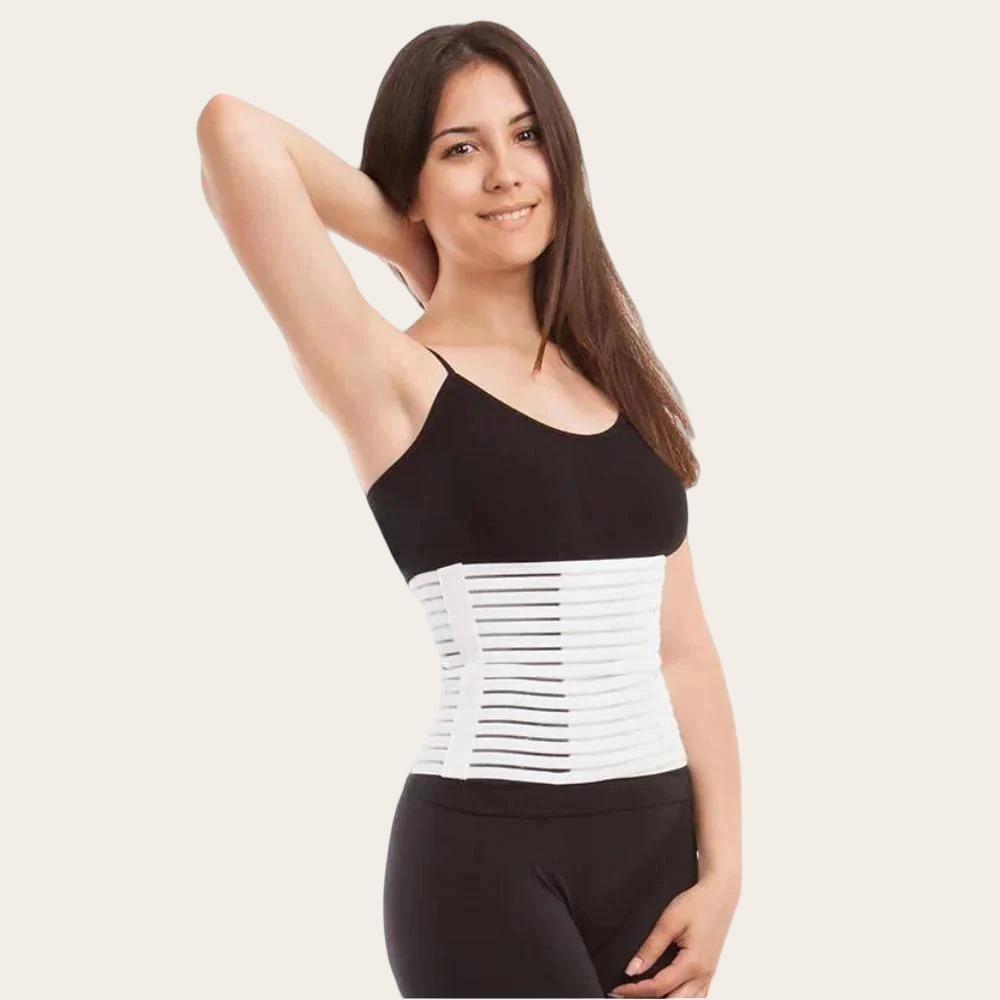During pregnancy, your belly is not the only thing that’s swelling. You might also notice swelling throughout your body since it now produces roughly 50% more blood and body fluids to meet the needs of your developing baby. In most cases, there’s no need to panic because swelling is just a normal part of pregnancy. Learn what causes swelling, what to look for, and how to keep your swelling in check.
What is it?
Swelling is common and about half of all pregnant women experience it, mostly around the ankles. You may also find your fingers, face, and lower back become swollen too. Puffiness in the face and neck can appear too. Swelling (or edema) is due to changes in blood chemistry that cause some fluid to shift into your tissues. By the third trimester, the weight of the uterus puts so much pressure on the pelvic veins and the vena cava. The pressure slows the return of blood from your legs, causing it to pool and force fluid retention below the knees. Moreover, hormonal changes, such as increase in the levels of estrogen, prolactin, hCG, and progesterone, can lead to swelling. The amount of swelling can vary by the hour and by the weather as well. Usually the swelling is worse in the evenings and on warmer temperatures.
The following factors may also affect swelling:
- Standing for long periods of time
- Long days of activity
- Diet low in potassium
- High level of caffeine consumption
- High level of sodium intake
When do swollen feet occur?
Swelling occurs around week 22 to week 27 of pregnancy, and it can be especially severe for women with excessive amniotic fluid or those who are carrying multiples. The good news is that it will stick around until you give birth and it will quickly disappear afterwards as your body gets rid of all the excessive fluid. That’s why you might notice you pee often and sweat a lot in the first week after childbirth.
What can I do to reduce swollen feet during pregnancy?
Here are some tips to reduce swelling:
- Wear comfortable shoes. Choose orthotic shoes that stretch to accommodate swelling in your feet.
- Avoid long periods of standing or sitting down. If you’re standing for long periods of time, take regular breaks to rest your feet. If you’re sitting down a lot, make sure you take 5-minute walks every hour. If possible, elevate your legs when seated.
- Do mild exercise. Keep the blood flowing instead of pooling by trying some mild pregnancy exercises, such as walking or swimming.
- Avoid tight socks or stockings. Let blood and fluids flow free by wearing loose and comfy socks or stockings. Try support hoses that have extra tummy room and that are an excellent choice for swollen feet.
- Drink plenty of water. Try drinking eight to ten glasses of water a day to help your body get rid of all the excess sodium and other waste products.
- Eat a healthy diet. Swelling may be reduced by eating foods that are high in potassium, such as bananas, and by avoiding caffeine. Moreover, keep your sodium intake in moderation.
- Minimize outdoor time when it is hot. Avoid getting out in the hot weather since it can increase the swelling.
- Use essential oils. Essential oils may help with swollen feet. Try cypress oil which is good for circulation, or lavender and chamomile oils that can ease your discomfort.
- Drink herbal teas. Herbal remedies, such as dandelion tea or nettle tea, can help improve circulation and balance electrolytes in the body.
- Maternity pantyhose. Stockings such as the Gabrialla compression pantyhose reduce swelling, improve blood circulation. They are designed with graduated compression for pregnant women who want to stay healthy and active from the first trimester through the postpartum period.





